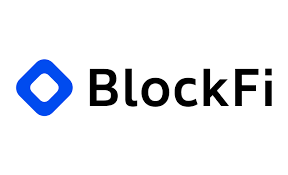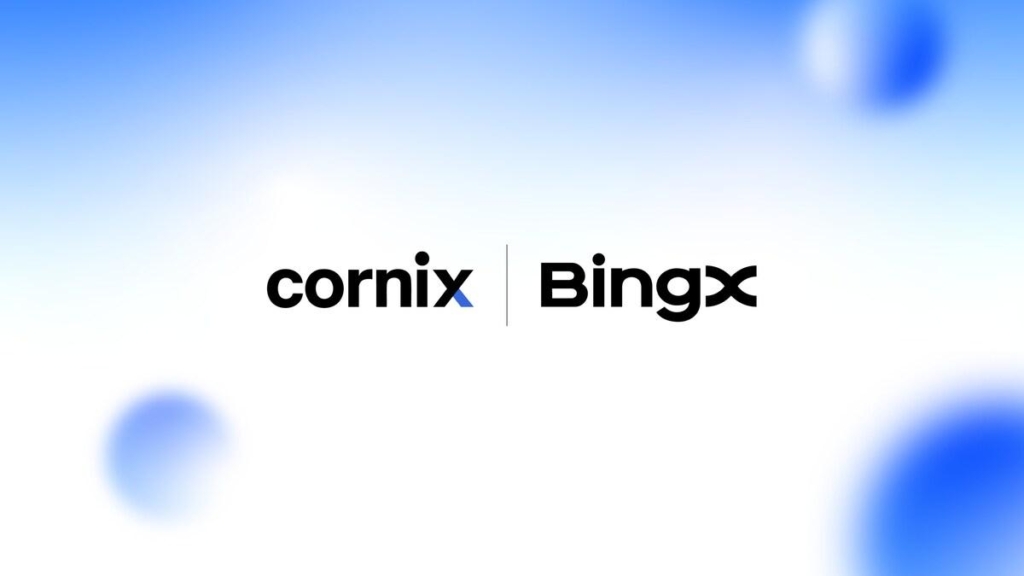In a landmark ruling, a New Jersey judge has ordered that almost $300 million worth of assets held in BlockFi’s custodial wallets should be returned to clients, rather than the bankrupt crypto lender’s estate.
This decision comes after BlockFi froze funds in its interest-bearing accounts (BIA) last year, following the collapse of FTX.
While clients will be pleased with the outcome, the judge denied the repayment of an additional $375 million that clients attempted to withdraw after the freeze, arguing that this money belonged to the estate.
Bankruptcy Judge Michael Kaplan said that digital assets held in custodial omnibus wallets are client property, though he noted that avoidance and clawback rights could still come into play.
However, BIA customers were not so lucky. “No transfer request by customers between the BIA and the custodial wallet accounts initiated after 8.15 pm on November 10, 2022, was effectuated and completed,” Kaplan stated. While BlockFi’s user front-end appeared to confirm that funds had successfully shifted, this was not the case.
Kaplan went on to say that BIA account holders knew they were undertaking certain risks, whereas custodial wallet holders did not share these risks or returns. Therefore, their ownership of non-estate property should not be diluted by those who took on such risks.
Under bankruptcy law, funds that belong to customers can be returned immediately rather than being divided among the creditors of the company’s estate.
In this case, reimbursement was held up by a dispute over the status of funds held in BIA, which customers tried to liquidate between November 10 and November 18.
At a hearing held on Monday, law firm Troutman Pepper argued that its clients, who all attempted to transfer BIA holdings during that period, should be included in any repayment.
Meanwhile, Michael B. Slade, representing BlockFi, stated that no sale of assets had been completed, despite clients receiving email confirmation to the contrary.
BlockFi filed for Chapter 11 bankruptcy on November 28, 2022, a few weeks after FTX, from which the crypto lender had sought a bailout in June.



